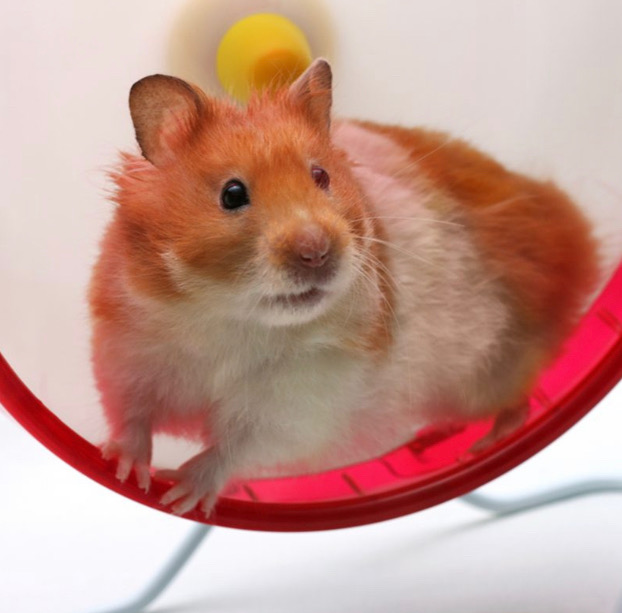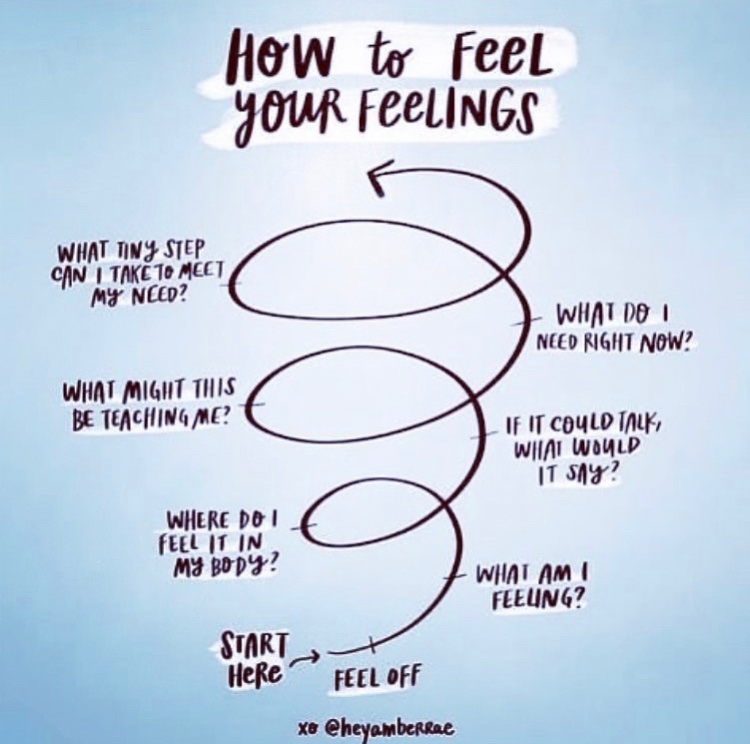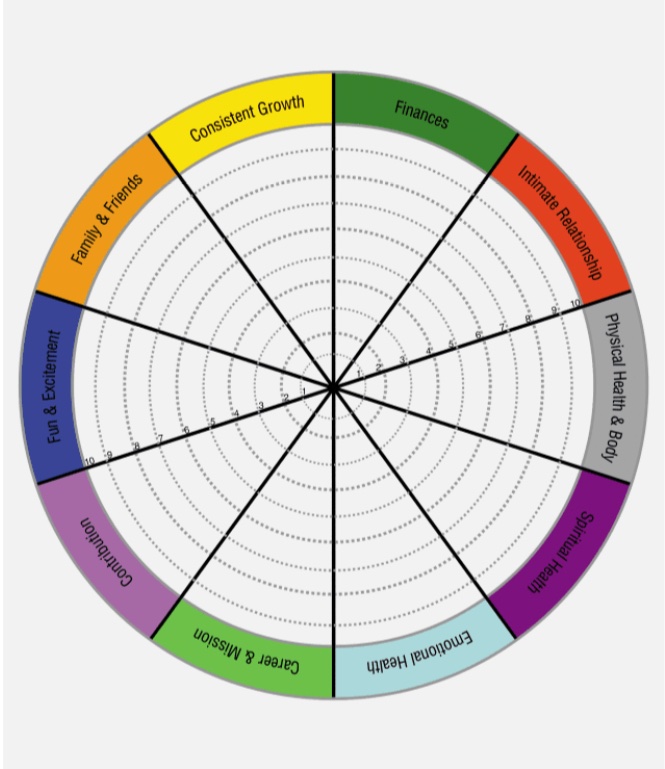 My life is out of balance. Given what’s going on in the world, this is a lucky gripe to have–but the pandemic only exacerbated it’s lopsidedness. My go-to cautionary tale for this involves a certain criminal lawyer who lost it after working fifteen years straight without a vacation. At the time, he represented a city commissioner who’d been thrown in jail on corruption charges. Before being spotted mid-smooch with his client’s beautiful wife, the lawyer had enjoyed an impeccable reputation and storied career. You had to feel for the guy who really was a good person and a great lawyer. He hadn’t allowed himself to cut loose in over a decade and it finally caught up with him. https://www.nytimes.com/1998/10/23/us/miami-journal-hints-of-love-triangle-put-new-twist-on-a-case.html. (Not that I’m looking for a scandalous make-out partner or anything.)
My life is out of balance. Given what’s going on in the world, this is a lucky gripe to have–but the pandemic only exacerbated it’s lopsidedness. My go-to cautionary tale for this involves a certain criminal lawyer who lost it after working fifteen years straight without a vacation. At the time, he represented a city commissioner who’d been thrown in jail on corruption charges. Before being spotted mid-smooch with his client’s beautiful wife, the lawyer had enjoyed an impeccable reputation and storied career. You had to feel for the guy who really was a good person and a great lawyer. He hadn’t allowed himself to cut loose in over a decade and it finally caught up with him. https://www.nytimes.com/1998/10/23/us/miami-journal-hints-of-love-triangle-put-new-twist-on-a-case.html. (Not that I’m looking for a scandalous make-out partner or anything.)
What causes us to ignore all other needs in favor of the one that feeds our self-worth? It’s that feeling of never being enough. Workaholics and snowplow parents know what I’m talking about. Why do so many of us feel this way? A therapist like mine would tell you that early experiences within our families left us feeling like no matter what we did, we just didn’t measure up. Times we felt anxious or afraid and the child’s not yet rational mind concluded there was something wrong with us. Now as adults, we try to fill that bottomless pit with external achievements. It works for a little while but then we are back on the hamster wheel. https://psychcentral.com/blog/the-feeling-that-you-are-not-enough/
Assuming the problem lies with ourselves also spares us from exploring hard feelings about the ones who were supposed to mirror our emotional state. There may be a false narrative that everyone in the family is expected to buy into (it was totally fine, right?) which only adds layers of harm. As adults, however, we don’t have to contribute to our own suffering. Without judging our feelings about people who may have hurt us as right or wrong, we can simply acknowledge that we have them.
But the only way to feel whole is to face those buried emotions and process them–to finally take care of that injured kid inside. I tried this a few times in therapy by reflecting on a time when I first experienced the feeling that there was something wrong with me. From the outside, the incident looked innocuous enough that we joked about it. Of course, kids don’t experience things in the same was as adults. One day, I came home from elementary school, pissed at pretty much everyone. As I paced in front of mom’s bedroom window, I rattled off all the people who’d done me wrong that day. My teacher, the kids up the street, the friend who walked me home from school. Not a single sympathetic character in the bunch, according to me.

Mom watched my rant, a bemused expression on her face. At first, I thought she had enjoyed the show—I’d worked myself into a full froth, calling people names and mocking their annoying voices. When I finished, she said something like, “people are really lucky when you are in their corner. But, boy, if anyone ever crosses you, woe betides.” I wasn’t really sure what that meant but the message came through: it’s not okay to have negative emotions about people. I felt like a bad person for being upset and it stuck. It never occurred to me that maybe it was her—maybe she was the one with the problem empathizing with me.

When we learn to deny our feelings, they get stuffed down deep. Emotions are physical sensations. When we feel emotional pain, the same part of the brain lights up as when we feel physical pain. If we take the time to locate the feelings in our bodies, we can begin to identify our needs and take care of ourselves. Movement and breath can help break up the emotional energy and work it out. A dear friend who has been an athlete her whole life believes she processed her pain through movement and became both physically and mentally fit as a result.
Another way we can help heal from these feelings is self-validation. It’s never too late to do this for ourselves. It may sound silly, but I am a big believer in the self-high five. Covid Times even has me branching out into the self-hug when I meet with friends and miss a hug hello. We have also done the New York Times hug which is a little risky but still safer. https://www.nytimes.com/2020/06/04/well/family/coronavirus-pandemic-hug-mask.html
An attorney friend does the power pose whenever she needs a confidence boost. It works—boosts your testosterone and lowers your cortisol. Why not try it just for kicks: https://www.ted.com/talks/amy_cuddy_your_body_language_may_shape_who_you_are/up-next?language=en Whatever gives you confidence, you can build it all by yourself. You don’t need to wait around for someone to tell you that you are worth a new tea cup, http://etsy.com can be your friend.
And as for figuring out a balance, that takes some honesty about what we really want and what we are willing to do to get it. We can start by taking a personal inventory; we can’t go anywhere if we don’t know where we are. The Wheel of Life has been used in self-development for centuries. Buddha taught his students lessons of enlightenment using the wheel. If you google it, you will find all sorts of iterations. By no means is this the sine qua non to solve all our problems, but it can be used to identify where we’d like to focus our growth. Maybe we’ve been neglectful of our physical or emotional health or given too much of ourselves to our families. Whatever the imbalance, this wheel can be used to pinpoint it and from there we can change it. https://www.mindtools.com/pages/article/newHTE_93.htm
As for me, I devote time to my spiritual and personal growth, my family and work. Everything else has received crumbs and I feel it. What to do? I want to have more fun, I want to pursue my mission by completing the tasks I’ve already mapped out but haven’t followed through on. I need balance. I know the way to achieve that is proper time management— just freaking stick my schedule. I fall off the pickle wagon when I spend way more time writing and not enough on the planning and organizing part of the gig, i.e. the boring part that doesn’t feed my self-worth.

My problem isn’t skill, it’s motivation. I need to focus on my why–the clear and compelling reason that drives me. I already know what to do, I just have to get off my rear and do it. My preferred motivational tool is speed work at the end of my morning run, visualizing my favorite author introducing me and my book—up close, in vivid color, fully animated. The video clip in my head goes like this: it’s a chilly day in New York but we are cozy inside a little bookstore in the Village called Three Lives & Company. The room is packed and crackling with excitement. My family is seated in the front row and I am smiling ear to ear. Mary Karr is up front, holding a copy of Scrappy with a red cover and bold white writing. After her impossibly generous remarks, everyone rushes to grab their copy. The crowd breaks into a flash mob dancing to Don’t Stop Believin.’ A spirited conga line winds through the stacks. How fun is that going to be?!

So. To recap. We are enough. We can find balance if we manage our time in ways that better serve us. We can and will self-motivate. We will get exactly what we are willing to work hard for and it’s all going to be okay.
Love,
Elizabeth
Writing Prompt: What is your why? What helps you get inspired and motivated to achieve your goals?
P.S. If writing isn’t your thing but you have thoughts about this piece, I’d love to hear from you. Just respond directly to this email. Thank you for reading!